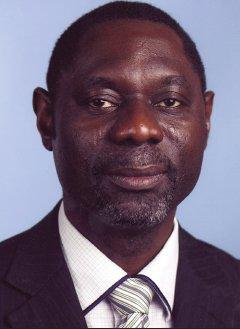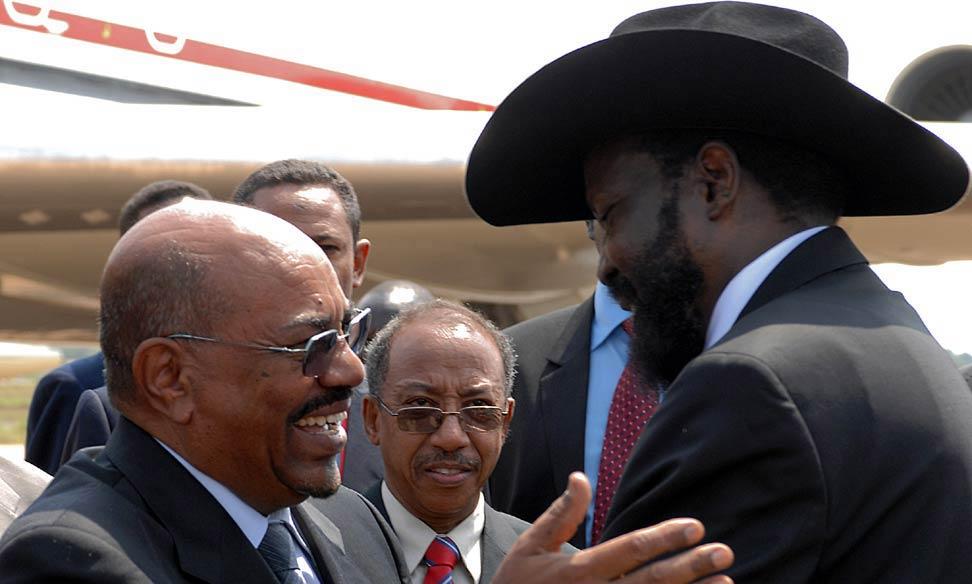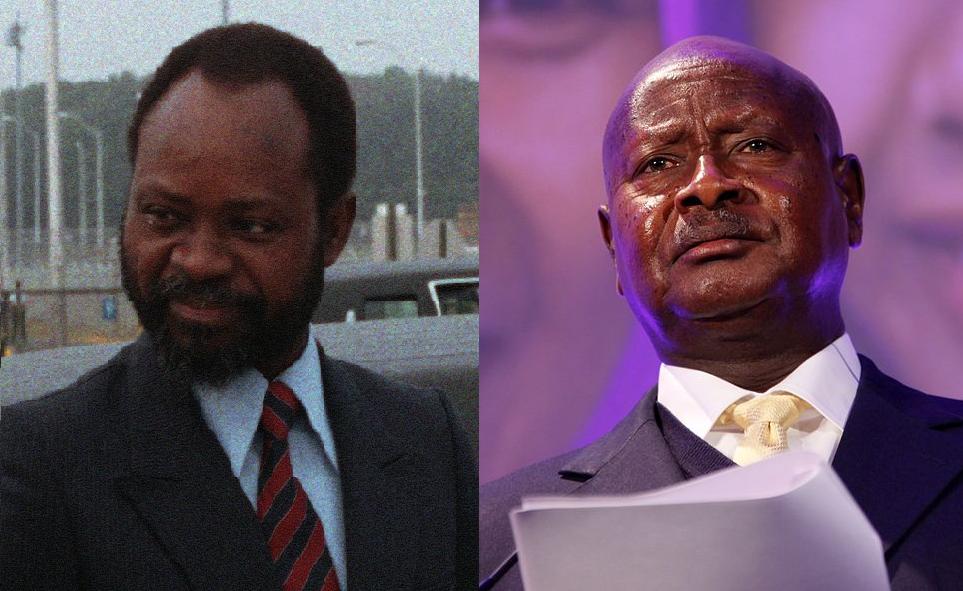Diaspora Media: Africa’s missing link with its Diaspora – By Dr Ola Ogunyemi

 The brain drain Africa suffered since the double waves of decolonisation and structural adjustment did not only impact negatively on political and economic developments, but also decimated Africa as professional and business elite – students and refugees emigrated to escape crisis, famine and infrastructural decay. Although migration is a global phenomenon, statistics indicate that more than 215 million people (3 percent of the world’s population) live outside their countries of birth; Africa bears the heavy brunt of this because, according to a World Bank estimate, it has lost roughly 100,000 university graduates, fully or partly educated in Africa, to Western industrialized countries. This figure does not include the millions of Western educated Africans who stayed on because they could not see a future for themselves in returning home.
The brain drain Africa suffered since the double waves of decolonisation and structural adjustment did not only impact negatively on political and economic developments, but also decimated Africa as professional and business elite – students and refugees emigrated to escape crisis, famine and infrastructural decay. Although migration is a global phenomenon, statistics indicate that more than 215 million people (3 percent of the world’s population) live outside their countries of birth; Africa bears the heavy brunt of this because, according to a World Bank estimate, it has lost roughly 100,000 university graduates, fully or partly educated in Africa, to Western industrialized countries. This figure does not include the millions of Western educated Africans who stayed on because they could not see a future for themselves in returning home.
Nonetheless, Africa has benefitted from its diaspora. According to a World Bank report, remittances to developing countries reached $406 billion in 2012 and are projected to reach $536 billion in 2015. Most significantly, the report reveals that Nigeria and Egypt are the two African countries in the top 10 recipients of remittances with a figure of $21 billion and $18 billion respectively. However, most of these remittances are not for investment but money sent to sustain families and loved ones. So, the impact of remittances is mostly felt at a micro-economic level. It is when remittances are used for investment that its impact can be felt at the macro level. But this cannot happen haphazardly, it needs planned and sustained strategies by African governments to harness this resource.
A few initiatives have been launched by African governments to engage with its diaspora. For example, Nigeria’s Minister of Trade and Investment, Olusegun Aganga, claimed that “[the country] is leveraging on the large Diaspora population we have in the UK, who can actually be the catalyst – those agents for trade between the two countries”. And at the Nigeria Diaspora Youth Leadership Summit held at King’s College, London, in August, 2012, keynote speakers urged Nigerian students to rise up and drive the modernisation of Nigeria.
However, such overtures have not translated into long lasting and sustained collective action. The problem is that African governments pay more attention to the process rather than to the product of engagement. The difference between the two approaches is that the former appeals to cultural sensibilities of the Africans in the diaspora, while the later gives them a sense of ownership and direction.
Two notable examples of the latter approach will illustrate its value. First, the “˜National Research Centre’ in Egypt was established in 1956 to give “˜young researchers who have left the country a chance to return to top-class facilities….and a free rein to discover and innovate’. Second, the Ghana Joseph Project was established in 2007 to “˜reconcile and unite the African peoples so that their positive spirit and strengths would be released in a focused manner to help rebuild Africa and the image of Africans worldwide’. But little effort has been made to promote and sustain the existing or initiate new projects to make them appeal to the next generation of African Diasporas.
However, African diaspora media outlets can help bridge this gap. Most especially, they could complement and extend the role of the Global Knowledge Partnership on Migration and Development (KNOMAD), by providing “˜an open, multidisciplinary platform to debate, discuss and exchange knowledge on migration issues’. Thanks to advances in communications technology, media for and by African Diasporas have proliferated since 2000 in the UK. They emerged out of the shadows of ethnic media to project black perspectives on civic issues and to redress the marginalisation, alienation and negative stereotypes of black people in the mainstream media. Significantly, they appeal to first and second generation African Diasporas by showcasing the best of African entertainment (music and Nollywood films). Some examples of well-known media of African Diasporas include Bright Entertainment Television, The Africa Channel, Klear TV, Voice of Africa Radio, African Voice and Somalia Voice.
These media outlets have the potential to foster engagements and reinvigorate diasporic dialogue. But African governments need to recognise the media of African diaspora as an extension of Africa itself. This means incorporating them into their communication strategies and supporting them with advertising revenues to keep them afloat. It is ironic that most African governments will give exclusive interviews to western journalists and pay thousands in hard currency to advertise in western media to the neglect of that produced by the diaspora. African diasporas and their media are vital resources that Africa should no longer ignore in its efforts to rebuild the continent.
Dr Ola Ogunyemi is the Convenor of Media of Diaspora Research Group at the University of Lincoln, UK. http://mediaofdiaspora.blogs.lincoln.ac.uk





